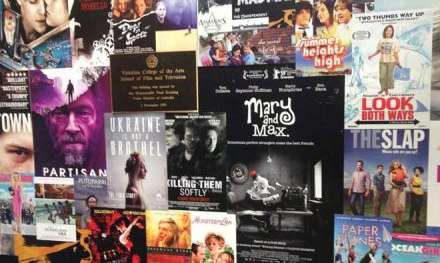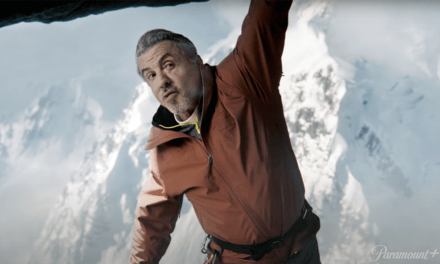The current media ecology places more emphasis than ever on the role of nonfiction media in the creation and obfuscation of “truth.” Documentary theory has probed the dialectical relationship between the documentary impulse to represent reality and the sometimes-argued impossibility of media to do just that (Barnouw 1993; Bruzzi 2000; Nichols 2001; Platinga 2005). The 2020 COVID-19 pandemic and the current global protests galvanized by the police killings of George Floyd, Breonna Taylor, Ahmaud Arbery, Tony McDade, Rayshard Brooks, and countless other Black Americans have laid bare the role that audio-visual media plays in shaping reality and inspiring collective action. There should be an urgency in scholarship on nonfiction media to engage, analyze, and theorize a wider range of documentary texts, modes, practices and trends.
For this issue, we welcome submissions that examine the creation, circulation and discourses surrounding nonfiction media. We purposefully choose to emphasize nonfiction media as opposed to simply documentary because we are interested in a range of submissions that engage with not only film or television, but also papers on podcasts, news media, social media, internet culture, video games, animation and virtual reality. These articles could include but are not limited to discussing the role of nonfiction media as record or archive and how participatory media culture plays a role in opposing (or reinforcing) hegemonic narratives. How do technology and aesthetics impact the ways nonfiction media represents its indexical relationship with reality? What role do media circuits and platforms play in curating and presenting nonfiction media to consumers/audiences? What can we learn about the rhetorical power of nonfiction media by studying its uses and misuses circulating public health information?
Potential submissions themes
- Nonfiction media as public record or archive (e.g. historical and contemporary discussions of the use of images, sounds, and audio-visual recordings as sites of protest and political action)
- Nonfiction media and News (e.g. relationship to news media industries, journalism as a global institution, and/or public television)
- The current status of documentary cinema (especially encourage submissions that emphasize films by BIPOC filmmakers)
- Power relations in documentary/ethnographic practices
- Social media as nonfiction media: Issues of representation, performance, temporality
- Visual style and documentary aesthetics (e.g. Netflix originals, “avant-docs,” etc.)
- History of technology and/or emergence of digital/new technologies shaping documentary practices
- Streaming nonfiction media
- Industrial shifts in production and distribution of nonfiction media
- Place and geography in nonfiction media
- Affect or the representation of bodies/emotion and the politics of reenactments
- Reality television, including but not limited to the representation of ‘romance’ and dating in nonfiction media
- Hybridity of truth and nonfiction in media, particularly in documentary animation, video games, or virtual reality
- Women, LGBTQ+, and BIPOC creators of nonfiction media
- The rise of true crime podcasting and the creation of nonfiction sound aesthetics and practices
- Revising or reconsidering past theoretical approaches to documentary and nonfiction media
- Parodic texts and nonfiction media
- The creation of celebrity and authenticity on social media platforms
Submission Guidelines
Submissions should be between 6,000–7,500 words (approximately 20-25 pages double-spaced), formatted in Chicago style.
Please submit an electronic copy of the paper, along with a one-page abstract (no more than 100 words), both saved as Microsoft Word files. While images are not required for submissions, if your submission includes images, please ensure that they are high resolution and included as an image file separate from your Word files. Remove any identifying information so that the submission is suitable for anonymous review.
The journal’s Editorial Board will referee all submissions. Send electronic manuscripts and/or any questions to thevelvetlighttrap@gmail.com.
Early submissions are due August 1, 2020.
All submissions are due August 31, 2020.




